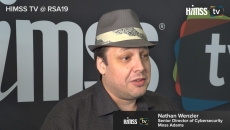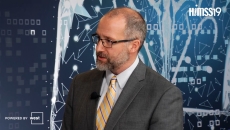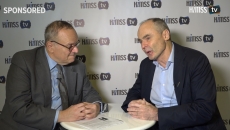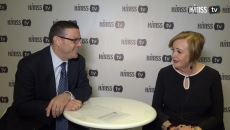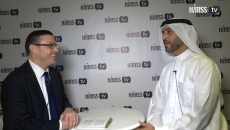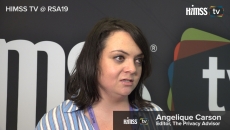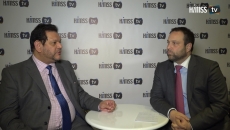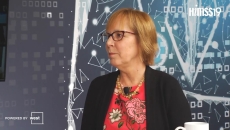Videos
Nathan Wenzler, senior director of cybersecurity at Moss Adams, says the idea that AI needs no management simply isn’t true; instead, smart people are needed to make decisions about the data and findings.
Telehealth technology now enables virtual visits with entire care teams, which isn’t possible when clinicians use phones, says David McSwain, interim CMIO at Medical University of South Carolina.
Andrew Pendergast, VP of product at ThreatConnect, explains the value of external threat intelligence and why he is skeptical about AI but not machine learning.
Machine learning can provide medical records to physicians and nurses in a coherent manner so the data is usable and not overwhelming, says Ian McCrae, founder and CEO of Orion Health.
There’s game-changing tech on the healthcare horizon, but technology partners and clinical partners must be on the same page, says Prof. Jane Griffiths, associate professor and chief nursing information officer at the Dubai Health Authority.
His Excellency Awadh Seghayer Al Ketbi, Assistant Undersecretary for Support Services at Ministry of Health & Prevention in the UAE, describes how the government is using AI to improve outcome for patients and clinical staff.
Angelique Carson, editor of The Privacy Advisor at IAPP, says that EU citizens are better protected now that the General Data Protection Regulation is in place.
What’s needed to shape the future of healthcare IT is an understanding of common problems and solving them in a whole health economy, says Mike Fuller, regional managing director at InterSystems.
Hyland's ModLink captures measurements and metadata from multiple modalities and then normalizes the data to meet the business profiles of the organization, says Peter Weston of Asia Pacific, Hyland.
HIMSS VP of Informatics at Joyce Sensmeier discusses tools that engage patients with their data in ways that create a good relationship with providers — when the technology doesn't get in the way.
